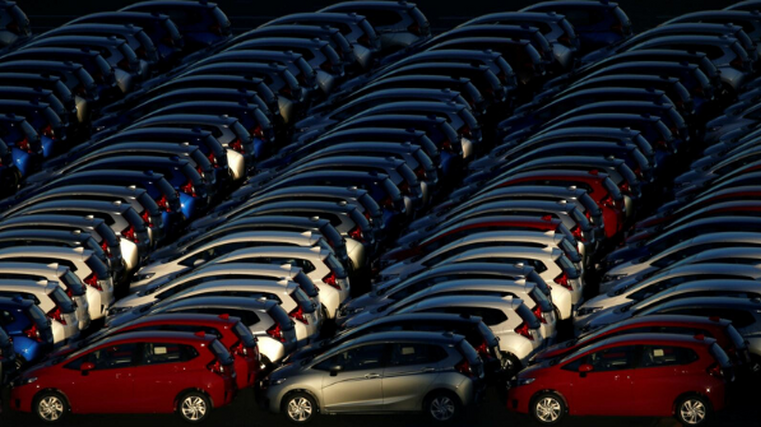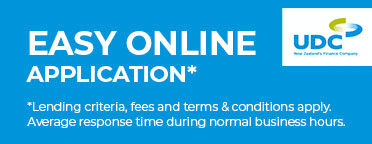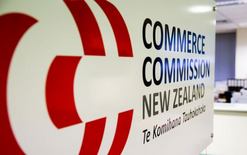Concern over CCS charges

Importers of light vehicles are facing a new charge next year to cover the NZTA’s operational and administrative costs for the clean car standard (CCS).
It’s set to kick in on July 1, 2025, with the aim of raising $11.842 million for the government over each of the four financial years up to 2027/28.
Described as a “savings initiative” in budget 2024’s summary of initiatives, its seeks to return funding for “clean vehicle standard administration due to finding efficiencies by transitioning to cost recovery on a user-pays basis”.
It adds admin costs associated with the CCS for 2024/25 will be funded through section 9(1A) of the Land Transport Management Act while work is undertaken for the shift to a user-pays model.
“This initiative contributes to the baseline savings target for the Ministry of Transport,” adds the budget document.
Aimee Wiley, the MIA’s chief executive officer, says this translates to an additional $45 per unit, assuming an average of 265,000 new and used light vehicles being imported into New Zealand per year.
“This comes as a shock, especially considering the increase in October 2023 in NZTA regulatory fees from $1.94 to $37.29 per vehicle, marking an 1,823 per cent increase,” she adds.
“The new proposed cost from 2024’s budget will further increase levies by approximately $45 per vehicle, raising questions about double-dipping and the fairness of these charges.”
Wiley notes the coalition’s move towards a user-pays approach, including tolling new roads and introducing congestion charging, is not unexpected.
“However, the desire to charge the light-vehicle industry further regulatory costs, especially after significant fee increases in late 2023, has raised concerns about potential double-dipping, and the desire to pass problems associated with NZTA regulator inefficiency onto the industry and consumers.
“Despite the government’s efforts to manage its fiscal responsibility, the continuous shift towards ‘user pays’ doesn’t address the core issue of regulatory inefficiency and waste.
“The industry and consumers are left questioning the value they’re getting for what could amount to an additional $21.3m per year and why it costs so much.”
New charges for certifiers
According to the NZTA’s website, from October 1, 2023, the new fee for the entry-certifiers group was $37.29. That’s collected per certification with LT4085U and LT4085N forms, or when a record is entered using VINDirect.
The old fee was in the range of $1.55 to $1.94, meaning the charge went up by $35.35 or 1,823 per cent.
The per-inspection fee for border-inspection organisations rose by 48 per cent to $9.35. The charge in the repair-certifiers group – per certification on forms LT307 and LT308 – mushroomed by 755 per cent to $37.82.
The specialist heavy-vehicle certifiers group – per certification via form LT400 – jumped by 836 per cent to $48.39. The new per-certification fee for specialist low-volume certifiers is $38.99 for an increase of 145 per cent.
The charge for in-service certifiers group – WOF, per label – jumped by 134 per cent to $4.16. On the flipside, it decreased for COF labels by 44 per cent to $4.16.





